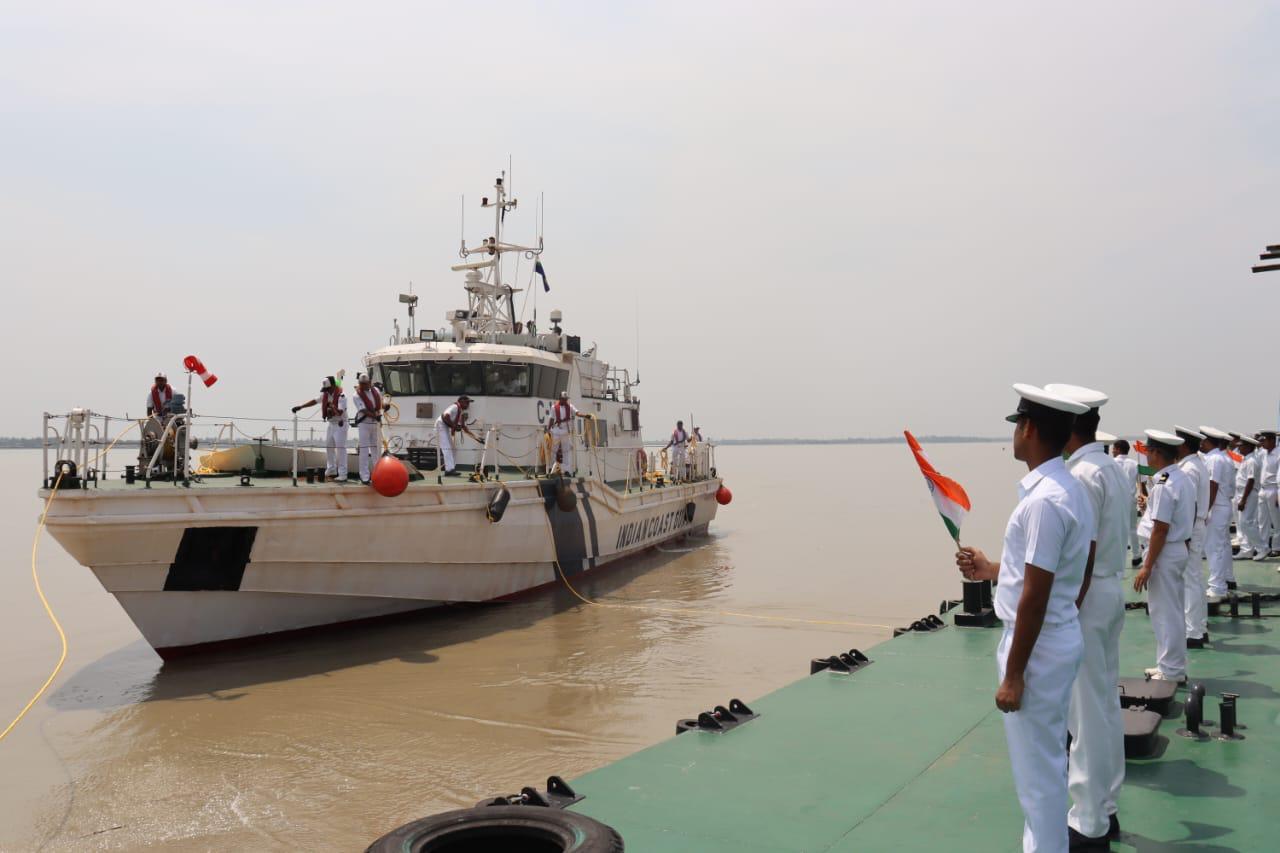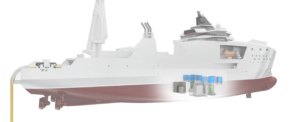Indian seafarers will now benefit from mental health training due to a new agreement signed by India and the International Transport Workers’ Federation (ITF).
Under the agreement on ‘Mental Health Awareness for Indian Seafarers’, signed last week in India, training will be provided to maritime faculty members leading to the incorporation of a dedicated stress management module into India’s national maritime curriculum.
The new initiative seeks to create an enabling environment for cadets and seafarers to openly discuss mental health issues without stigma and with access to necessary services and support.
By addressing these concerns early in a seafarer’s career, the initiative aims to build resilience and promote a healthy work environment for Indian seafarers globally.
In recent years, Indian seafarers have faced particularly acute challenges due to the high number facing abandonment. In 2023, more Indian seafarers were abandoned than any other nationality.
Steve Trowsdale, ITF global inspectorate coordinator, said: “The inclusion of this module will raise awareness about mental health among young cadets, students, and seafarers. It will also equip them with the tools to manage stress, particularly during their first postings on ships, a time that is often fraught with challenges and adjustment issues.”
Research has established that seafarers face a range of mental health challenges including depression, anxiety and suicidal ideation.
In 2019, the ITF Seafarer’s Trust and Yale University released a study which found that 25% of surveyed seafarers had scores suggesting depression, 17% suggesting anxiety, with 20% of surveyed seafarers reporting suicidal ideation.
It recommended that “maritime training institutes should address seafarers’ mental health issues and train for resilience”.
Just last year, the ITF secured a ground-breaking agreement for mental health training in Indonesia, targeting 200 instructors, lecturers and government officials on the mental health issues and stresses faced by seafarers, while it also led a ‘train the trainer’ session for 23 faculty members from ten maritime universities across seven countries located on or near the Black Sea-Albania, Bulgaria, Georgia, Montenegro, Romania, Turkey and Ukraine.



